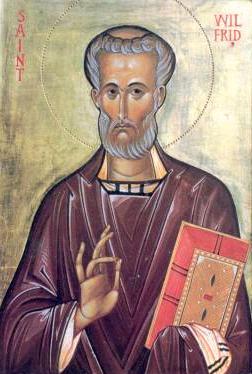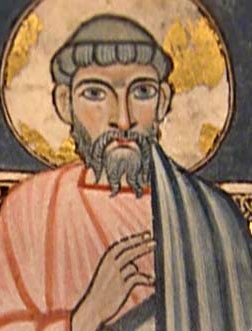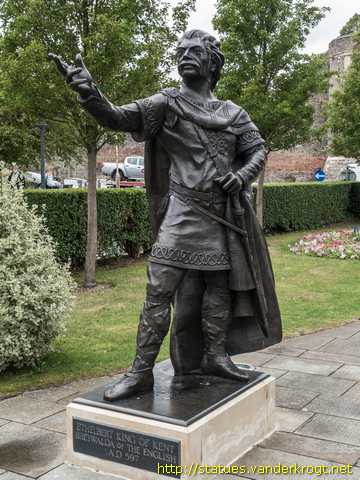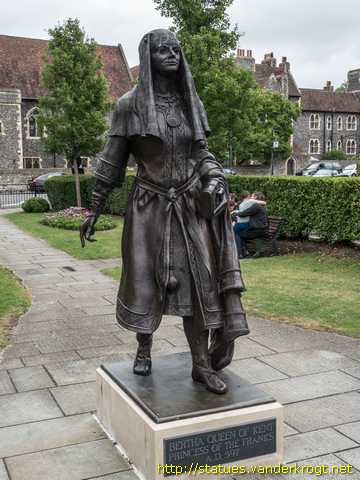When engaging in extended conversations with like-minded friends, the subject invariably turns to an aspect of religion. On one occasion the topic which emerged was the Christianisation of Britain. Rod’s friend averred that this was accomplished by St Augustine. He went on to characterise the saint by saying that the holy man was a great theologian and philosopher and that he wrote the powerful book called ‘De Civitate Dei’ (the City of God). The friend said that in the saint’s wild young days when doubting faith, he had exclaimed the famous phrase, ‘Lord make me chaste - but not yet’. Rod recognised these characteristics as describing a totally different saint - that of St Augustine of Hippo.
The latter had never set foot in Britain and had lived at the turn of the 4th/5th century whereas another was about a hundred years later. A priest, subsequently called St Augustine of Canterbury, was sent in AD597 by Pope Gregory the Great to convert the English. He was warmly received by King Aethelbert and his already Christian wife Bertha. The King was baptised into the faith and, as was the custom at the time, the population of the County of Kent was converted to Christianity. St Augustine and his monks supervised the building of Canterbury Cathedral and a number of other monastic institutions, though their influence did not reach much beyond Kent.
Rod pointed out also, that some Christian communities remained in Britain when the Romans left (rather hurriedly) in AD410 because of the sack of Rome. Further, that there was always in the west country a thriving Celtic Church, initially in Ireland and Wales - and spreading rapidly at the time. A serious clash occurred in the epoch thereafter, concerning different rites and ceremonies, and particularly on the method of calculating the date of Easter. The controversy raged until the Synod of Whitby in AD664 when the matter was resolved in favour of the Roman Rites and Disciplines. This was largely accomplished by the persuasive oratory of St Wilfrid. St Augustine was a contributor to the growth of Christendom on these shores, but not the sole cause.
Rod Dawson








